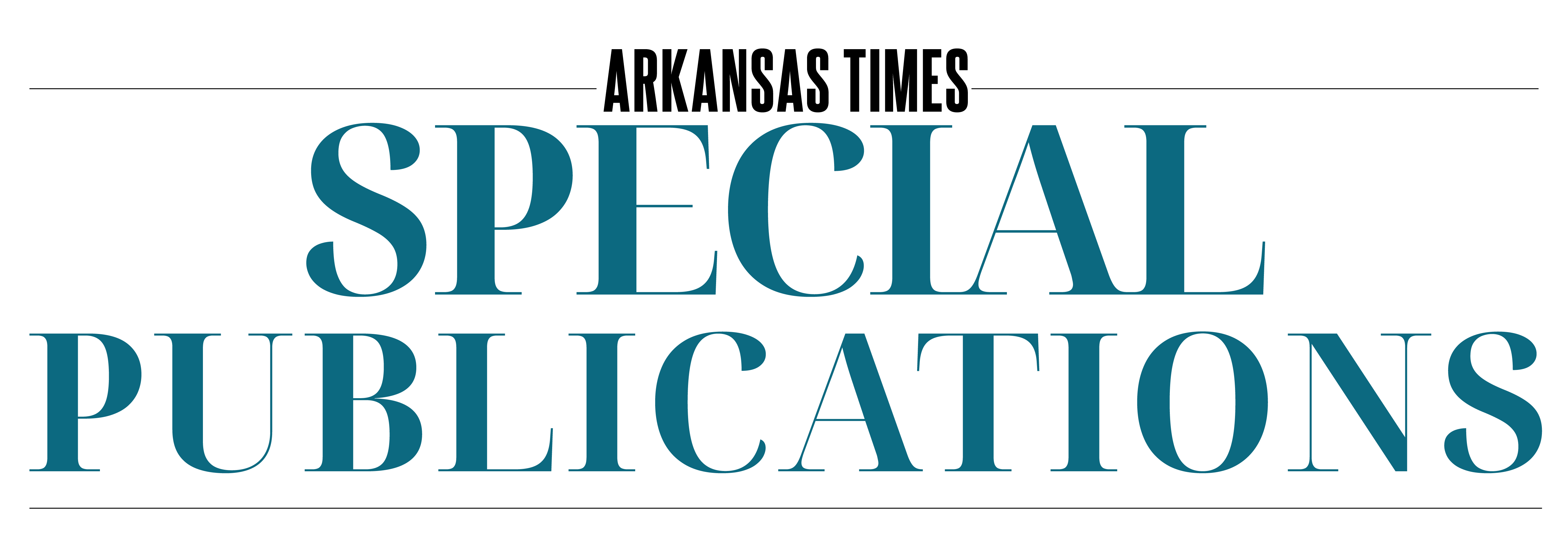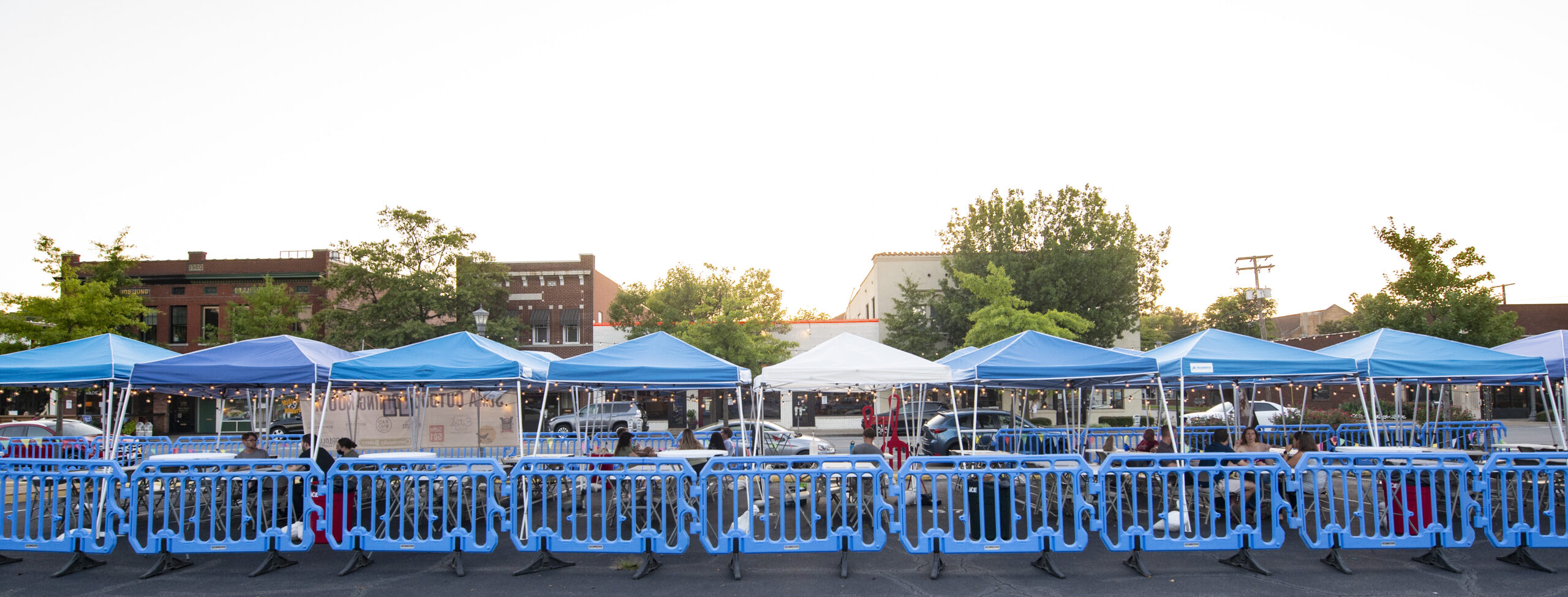In February 2020, the Arkansas unemployment rate stood at a record low 3.5 percent. By April, the unemployment rate was worse than the worst month of the Great Recession of 2007-09. With this sharp uptick in unemployment comes historic demands on public services. Families need help affording rent, food, health care and utilities. Just when revenue is most needed, state and local governments are seeing declining sales and income tax revenue as people and businesses try to responsibly maintain social distance. Cities must be and have been proactive, but there is an inherent tension between business as usual and the current public health crisis that requires us to re-evaluate public policy in a more fundamental way.
Even before the coronavirus came, nearly half of Arkansas’s households had no savings for a rainy day. Even with historically low unemployment rates a quarter of children in Arkansas lived in poverty. Childhood poverty actually increased in Arkansas in the most recent Census data, driven by an increase in Black childhood poverty in particular. When the great patchwork of American safety net policies fail — as they too often do for Black, Brown and marginalized communities — local government steps in to fill in the gaps, both when the economy is doing well and when it isn’t.
This is no easy task. City budgets are tight in good times, especially in Arkansas. This is doubly true in bad economic times. According to the National League of Cities, city revenues did not recover to pre-recession levels until a decade after the Great Recession began. The scope of the economic fallout we’re facing now will certainly require more action by state and national governments to fully address. Fortunately, cities have other tools available to them in addition to tax and budget policies, like land use policies. These sometimes impenetrable rules determine where we can find sidewalks, parks, schools, commerce and housing — as well as who can use them.
Cities have already started rethinking the types of uses we allow in different spaces to respond to the coronavirus. Rules around delivery and pickup at restaurants and other establishments have been relaxed. Little Rock, for example, has taken steps to ease restrictions on outdoor dining to allow businesses to comply with public health guidelines and still operate at a higher capacity. An entertainment district has been established to further support local business. Relaxing these rules and regulations would normally be more controversial, but health and economic conditions necessitate action.
That’s true for more than just one sector of the economy. Rules governing physical space and how we use it help shape the lives of entire communities. Neighborhood conditions have big impacts on educational and economic outcomes for kids. Discrimination in housing is illegal now, but remains an issue due to underfunding of enforcement. But city rules governing land use can also make it difficult for low-income households and people of color to access quality schools, good-paying jobs and healthy environments. This hurts cities in the longrun as more equitable outcomes would ultimately foster more economic development and tax revenue.
The coronavirus pandemic requires a public response of monumental scope. City leaders are uniquely positioned to use this historic moment to make fundamental changes that go beyond a return to the status quo. We must ensure that the recovery addresses the needs of low-income and marginalized communities in our cities. It isn’t just the right thing to do; it’s the pragmatic thing to do.
Bruno Showers is a senior policy analyst at Arkansas Advocates for Children and Families.



